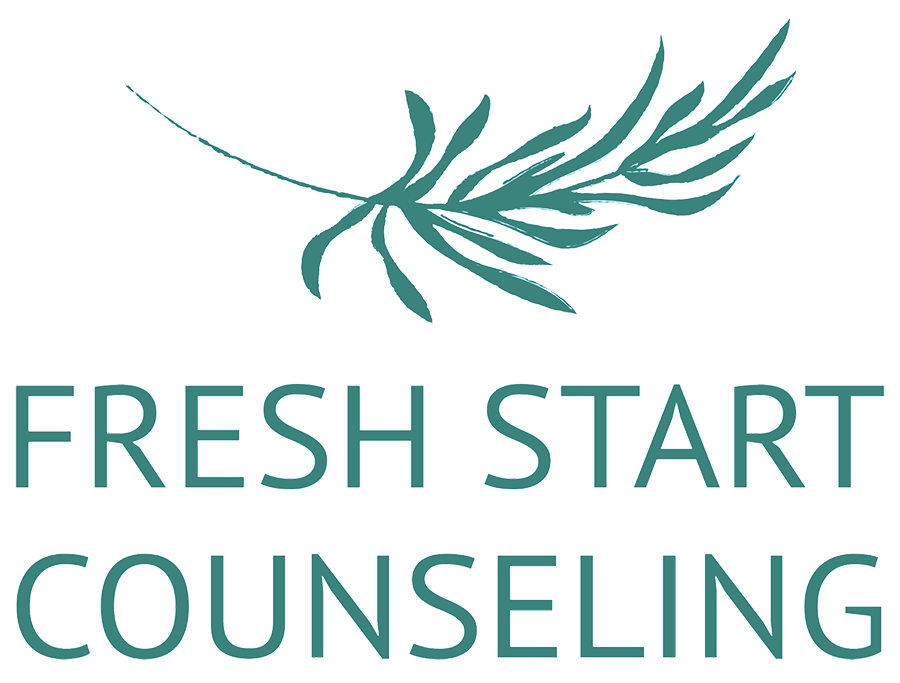Increase Your Self-Confidence
Self-confidence allows us to believe in our abilities and trust our own thoughts. It generally also means that we trust our own judgment. Self-confidence is strongly tied to one’s belief of being respected by others. It is presumed that self-confident people are more successful than people with lower self-esteem or no self-esteem.
Are you a self-confident person?
This question only you can truly answer for yourself. However, there are usually signs when someone struggles with being confident.
Indicators of when a person may have low self-confidence issues:
Difficulty speaking up in front of others
Negative self-talk
Constant fear of failure
Unable to make decision
Worried what other people think
Being overcritical with self
Constant worry about future
Putting other needs in front of own needs
Unable to say no
Unable to set healthy boundaries
Constant comparing self to others
Lack of self-care
Procrastination
Being in a constant state of anxiousness and nervousness
Irrational thoughts
Negative world-view
Thoughts of not being able to accomplish anything
Not even trying because of fear of failure
Often depressed and crying
Withdrawing from other people
Racing thoughts
Getting easily stressed and overwhelmed
Difficulty sleeping
Worries about what the next day brings
Seeking constant confirmation and approval from others
Seeing constructive feedback as criticism
Feeling unloved and/or unwanted
Overcompensating
Unable to accept compliments
Usually when a person struggles with low self-confidence, this is not something that just happened over night. This is most often a condition that has been present for a long time and many factors can play into why a person has low self-esteem. Environmental factors often play a huge role in how a person perceives themselves. For example, being raised in a home with caregivers that show little affection and emotion will affect a child as it grows up. Being belittled, embarrassed, and called names, will often lead to a person actually thinking that they are not worthy because they don’t ever hear anything different or anything positive. Abusive relationships can also be a cause for low self-esteem.
For example, when a person has no voice, isn’t allowed to have an opinion, and isn’t allowed to make any decisions, this will certainly affect how they see themselves. When a person is never praised for doing a good job, has never experienced even little successes, it is likely they feel they can never accomplish anything at all. Being bullied in school and being made fun of, would be another example why a person might think they are not as worthy as others, and they might even feel ashamed and guilty for just simply existing. Hence, low self-esteem can be a huge problem for some people, and can lead people into serious depressive episodes.
Since a good dose of self-confidence is clearly healthy, how can we boost our self-esteem and feel a little more secure and sure about who we are and what we can do?
Tips to boost confidence:
Not worry so much about what other people think, and rather concentrate on oneself instead of comparing self to others.
Stop negative self-talk, and try to change mindset to positive thoughts.
Analyze irrational thinking and replace with rational thoughts.
Accept compliments and be proud of accomplishments, even little successes.
See constructive feedback for what it is, and don’t automatically assume feedback to be criticism.
Don’t be afraid of failure. Get up and keep going. See failure as success in progress.
Practice self-care by indulging in something enjoyable. Tell yourself you deserve a treat. Learn to love and accept yourself.
Learn to say no and set healthy boundaries.
Practice to speak in front of others and try to socialize more with people.
Learn to make decisions by using pros and cons, and try to trust your natural instinct.
Get enough sleep so you are awake and ready to take on the world.
Speak to a therapist about your worries, which can also help you with getting irrational and negative thoughts out of your head.
Learn not to get worried if things don’t go according to plan.
Focus on your strength, and tackle your fears. Don’t procrastinate.
Work on improving posture and body language. Avoid keeping your head low and crossing your arms. Try to smile more and look people in the eyes when you are speaking.
Use deep breathing techniques when you get overwhelmed, stressed, or anxious.
Life is much easier when we have a certain level of self-confidence in our abilities. When we trust our own thoughts and ideas, when we are able to make sound decisions, we automatically feel more self-assured. We are ready to take on the word and tackle any problem that comes our way. Well, maybe not every problem, but we can navigate through life without constant fear of failure.
If you are reading this and identify with low-self-esteem, please hear (read) this:
YOU ARE WORTHY! YOU ARE AS DESERVING AS ANYONE ELSE AROUND YOU! YOU ARE GREAT JUST THE WAY YOU ARE!
Please consider giving compliments to others when you see they are doing a good job, or you see they are struggling and may need some kind words of encouragement. This simple gesture can be a huge boost to someones confidence. Your actions, as little as they may be, can have a huge impact on someone else. Make someone smile today!
Let’s connect soon so I can teach you how depression therapy can help you believe in yourself and give you the boost to your self-esteem you are craving through.

